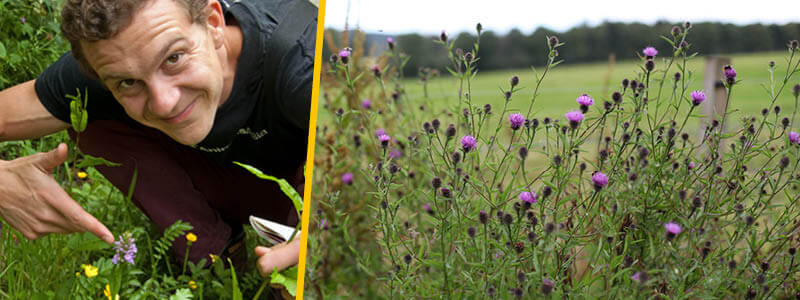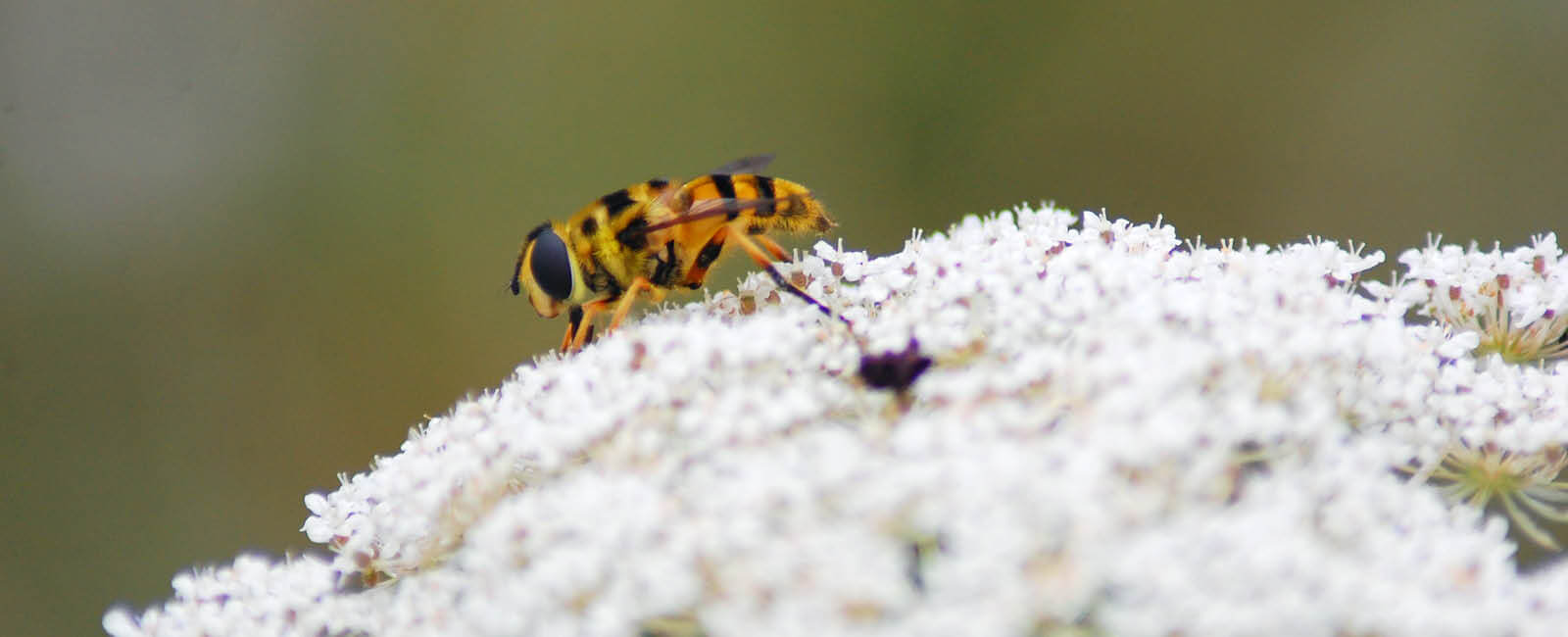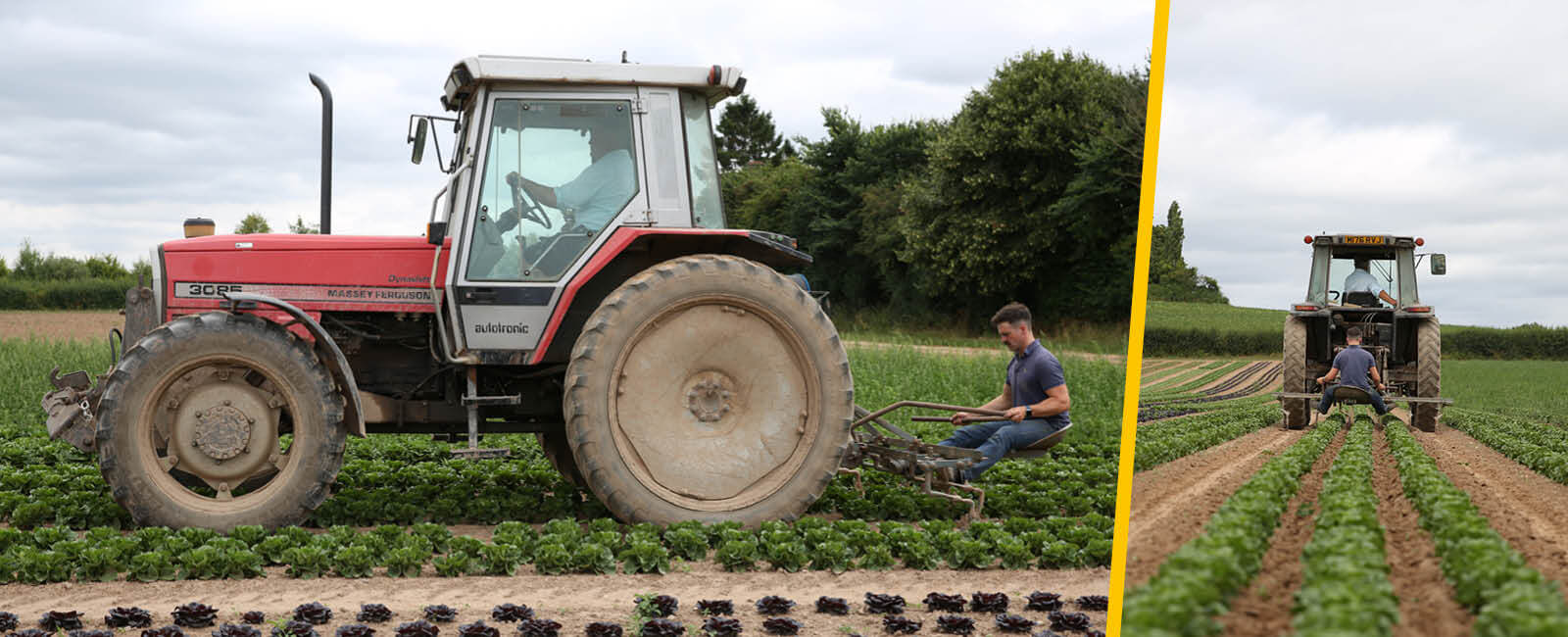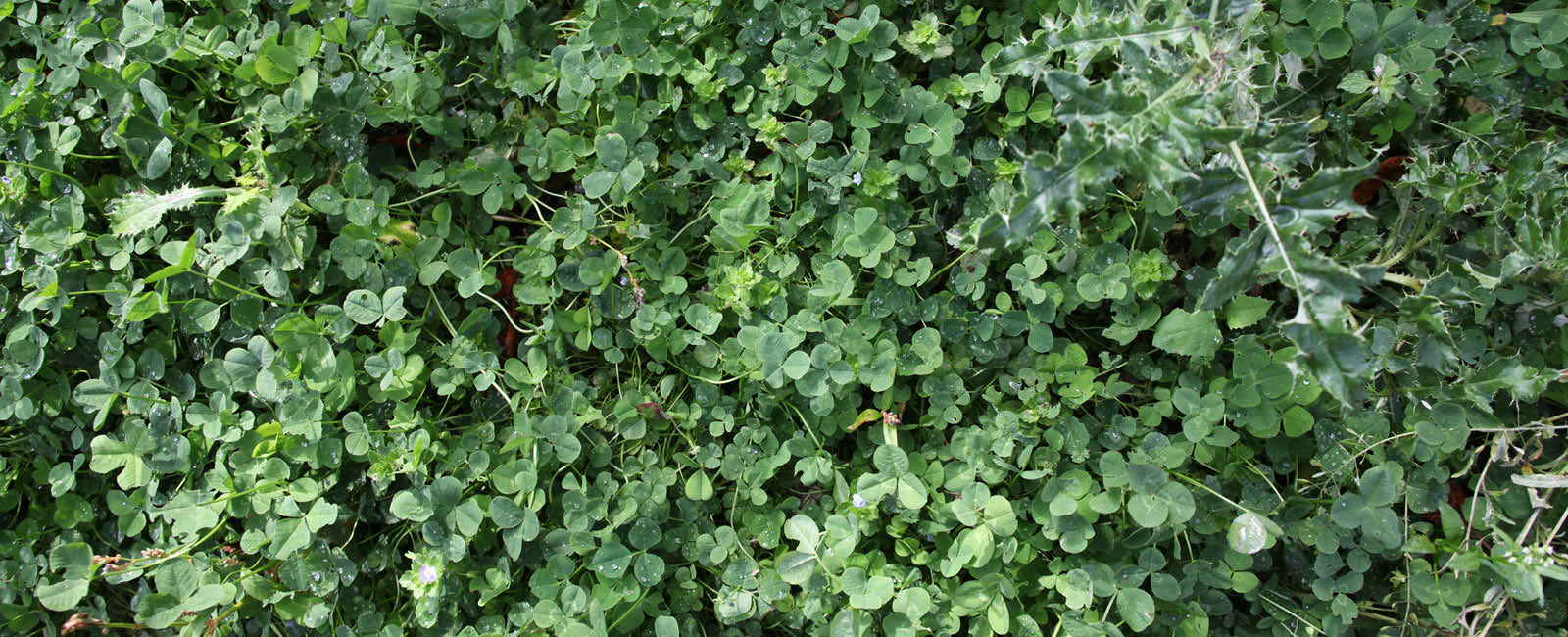Pest Prevention - Always Better than Cure

‘Pesticide' is a broad term for the treatments used to kill the weeds, insects, bacteria and fungi that can ruin a crop if their numbers run out of control, and it’s important that farmers are able to protect our food if things really go awry. Prevention is better than cure, but years of cheap supply has made chemical pesticides the go-to for preventing outbreaks on conventional, non-organic farms, wreaking havoc on populations of predators such as lacewings, ladybirds and other insects that could be helping to protect crops. Their repeated use over time also gives pests a chance to catch up and become resistant to their effects, and some pesticides are now mixed to improve their efficacy. With the increased toxicity of these chemicals and lack of research into the dangers of this ‘cocktail effect’, concern is growing around their increased use in the UK.
“Instead of blaming the beetles, see them as an indication that things are not as they should be.” Peter Wohlleben, The Secret Network of Nature
What methods are used by organic farmers
Although some remedies are permitted in organic farming (28, compared to the 490 routinely used by non-organic farmers), they are considered an absolute last resort, and farmers are painfully aware that using anything designed to kill insects could also take out the help. We know a lot of growers who are very well-versed in the ecology around their farms, including which species they can attract to see off other unwanted visitors. They’ve found some clever ways to welcome nature back onto their land and harness the ‘ecosystem services’ this biodiversity can provide.

Encouraging ladybirds on BroadWood Hall Farm
When Ben and Colin Andrews started growing lettuces at Broadwood Hall Farm, many years ago, they would spring into action at the first sign of aphids on their crops, petrified at the thought of decimation if they delayed. At the time this would have meant spraying with fatty acids, a soap made of the waste from olive oil production, considered safe and permitted on organic farms.
Then, 15 years ago, a turning point -
“We knew we had ladybirds around the farm but if we were killing their source of food then how could we expect them to thrive? We decided to see what would happen if we did nothing. Initially, a few aphids began appearing and soon grew in number. It was tempting at this point to break open the fatty acids, but we opted to wait and see. It turned out that by doing nothing the ladybirds and their larvae were able to totally get on top of the pest burden and we haven’t sprayed a lettuce since.”
Ditching the weedkillers
Weeds might only be flowers in the wrong place, but are nonetheless a constant headache for farmers who want their crops to get the lion’s share of nutrients. With herbicides such as glyphosate completely banned in organic farming, ensuring weeds don’t take over can prove challenging. Once again our farmers take inspiration from nature, where healthy competition between species stops anything from taking over. By introducing their own fast-growing but beneficial species such as clover, farmers can stop weeds getting a look in, with a light raking all it takes to prepare the soil for planting. Some farmers will even let clover grow amongst their grains to patch up the spaces weeds could move into, with the added benefit that it’s one of the few plants to provide a decent supply of nitrogen to those around it.
Integrated Pest Control
Methods like these are known collectively as Integrated Pest Control and working with nature like our farmers do is key to its success. Pesticides have played an important role in helping humans feed each other, but their routine application has drawn us into a vicious cycle of increasing use and toxicity, with serious consequences for the variety of species that call farmland ‘home’. In their search for alternatives, organic farmers are recreating habitats for this wildlife, and amongst this diversity are a few species that we all agree can do a much better job.
“Sometimes, by trying to fight against nature, we can make unnecessary work for ourselves. By looking more holistically at agroecological farming methods we can not only save ourselves time and money but also help reverse the decline in biodiversity in the UK.” Nicely said, Ben.
Published February 2021




